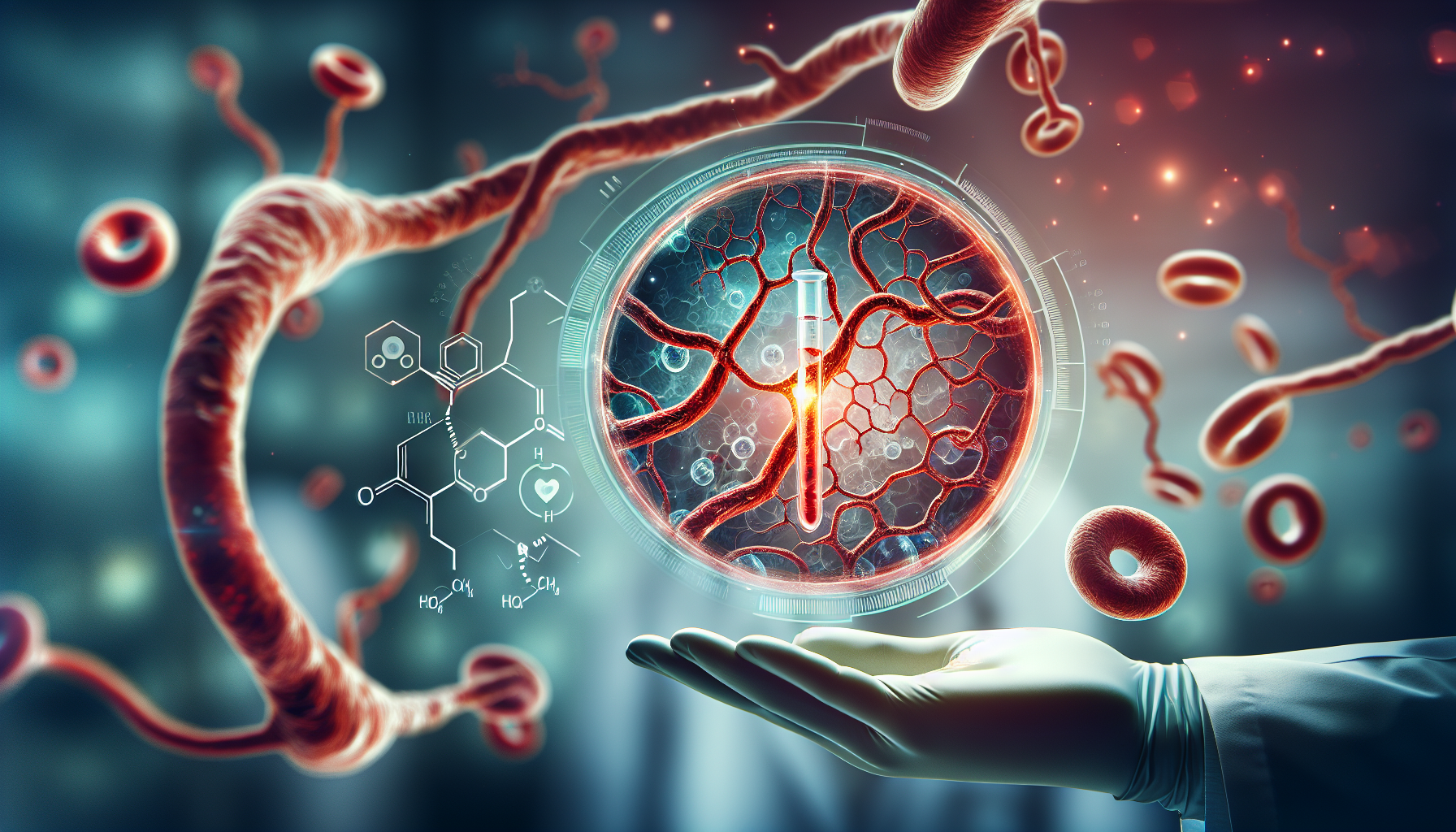Breakthrough in Diagnosing Growth Hormone Deficiency in Children: Latest Updates from Aeterna Zentaris
Key Takeaways
- DETECT-trial aims to improve diagnostics for childhood-onset growth hormone deficiency using macimorelin.
- The trial has achieved a major milestone with the completion of all patient visits.
- The full study results are expected to be released by Q3 2024.
Did You Know?
Introduction
Aeterna Zentaris has announced a significant milestone in their research for diagnosing childhood-onset growth hormone deficiency (CGHD) with the completion of patient visits in their DETECT-trial. The trial aims to evaluate the safety and efficacy of their oral drug macimorelin, offering a simpler and safer alternative for diagnosing CGHD.
About the DETECT-Trial
The DETECT-trial, officially known as AEZS-130-P02, is a Phase 3, multicenter, open-label study. It was designed to test a single oral dose of 1.0 mg/kg macimorelin acetate as a growth hormone stimulation test (GHST) in children suspected of having growth hormone deficiency. The trial involved 100 participants across Europe and North America.
Now that the last patient visit has been completed, Aeterna Zentaris plans to release the top-line data and full study results by the third quarter of 2024. This data will be crucial for advancing the drug's approval and use in pediatric medicine.
Importance of Macimorelin for CGHD
Macimorelin is already approved for diagnosing adult growth hormone deficiency (AGHD) in several regions including the USA, Europe, South Korea, and Israel. As a ghrelin receptor agonist, macimorelin works by stimulating the pituitary gland to release growth hormone, which is then measured through blood tests.
Compared to traditional methods like the insulin tolerance test (ITT), macimorelin offers a safer and more accurate alternative for diagnosing AGHD. With the success of the DETECT-trial, macimorelin could become a vital diagnostic tool for children, potentially streamlining the process and reducing the risks associated with CGHD diagnostics.
Implications for the Endocrinology Field
The expansion of macimorelin's use from adults to children represents a significant development in endocrinology. Efficiently diagnosing CGHD can lead to timely treatments, which are crucial for the healthy growth and development of affected children.
Furthermore, the approval of macimorelin for pediatric use could open up new market opportunities, enabling more widespread adoption of this diagnostic method and improving patient outcomes across the globe.
Future Prospects and Forward-looking Statements
The completion of the DETECT-trial marks a major step forward for Aeterna Zentaris. Gilles Gagnon, the CEO, emphasized the potential benefits for patients and the company's strategy to expand in the endocrinology market. He also expressed gratitude towards the patients, clinical staff, and shareholders for their support.
However, it's important to note that future outcomes are subject to various risks and uncertainties. Factors such as regulatory approvals, successful commercial partnerships, and continued clinical success will play pivotal roles in the drug's future.
Conclusion
Aeterna Zentaris's DETECT-trial has paved the way for potentially safer and more effective diagnostics for childhood-onset growth hormone deficiency. As the company prepares to disclose the complete study results in the coming months, the medical community eagerly awaits the potential paradigm shift in how CGHD is diagnosed and treated.
References
For more information about the DETECT-trial, visit the EU Clinical Trials Register (EudraCT #2018-001988-23) and ClinicalTrials.gov (NCT04786873).
References
- ClinicalTrials.gov NCT04786873https://clinicaltrials.gov/ct2/show/NCT04786873
- EU Clinical Trials Register EudraCT #2018-001988-23https://www.clinicaltrialsregister.eu/ctr-search/trial/2018-001988-23/GB






